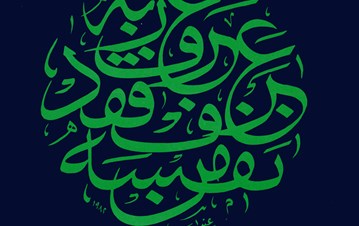
Scholarly contributions


Spotlighting women scholars in Ismaili studies
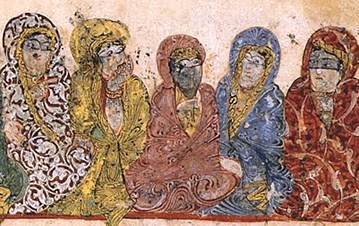
Women Who Have Impacted Ismaili History

The Ismaili da'wa Outside the Fatimid dawla

Muslim, Jews and Christians - relations and interactions
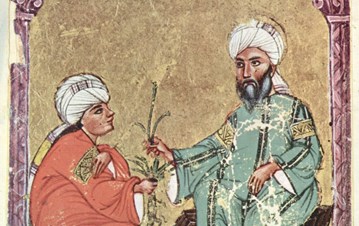
Muslim Philosophy and the Sciences

Muslim Literatures in South Asia

Diversity in Islam: Communities of Interpretation
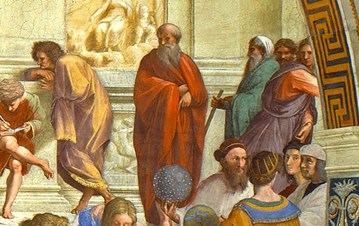
Plato, Platonism, and Neo-platonism
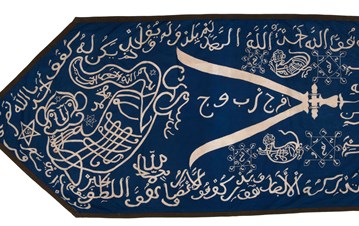
'Ali ibn Abi Talib

The Days of Creation in the Thought of Nasir Khusraw

What is Shi'a Islam

The Ethics of the Public Square: A Preliminary Muslim Critique
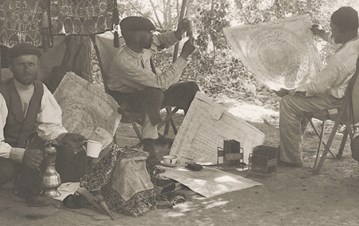
The Ismailis in History
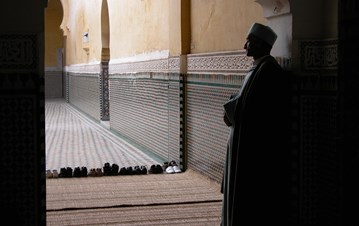
The Eagle Returns: Evidence of Continued Ismaili Activity at Alamut and in the South Caspian Region following the Mongol Conquests
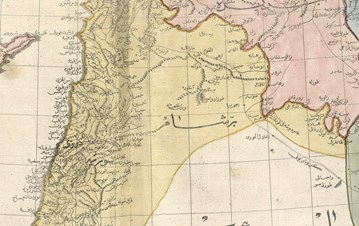
The Ismailis and their Role in the History of Medieval Syria and the Near East
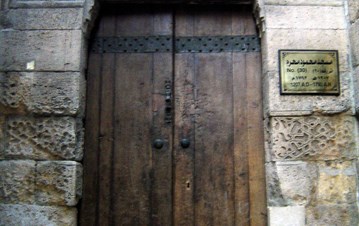
The 'Islamic' in Islamic Education: Assessing the Discourse
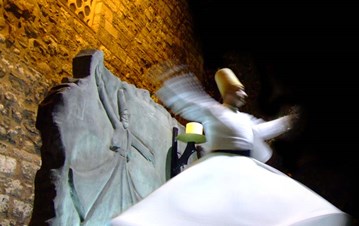
Religious Traditions and Early Ismaili History in South Asia: Some Historical Perspectives on Satpanthi Literature and the Ginans

Transcendence and Distinction: Metaphoric Process in Ismaili Muslim Thought
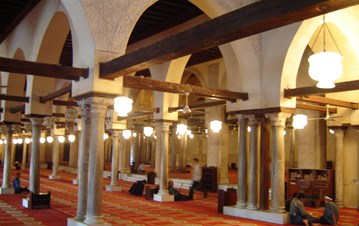
Agreed Syllabi and Un-agreed Values: Religious Education and Missed Opportunities for Fostering Social Cohesion
